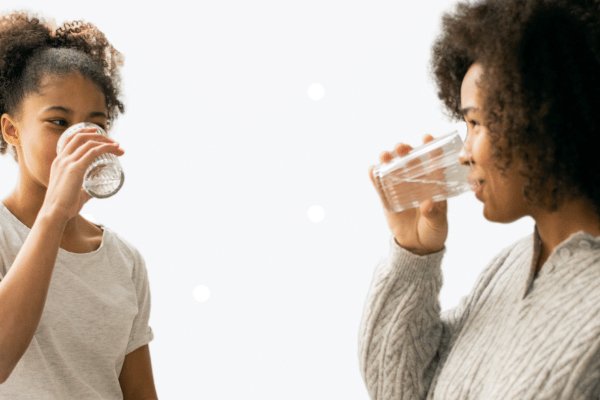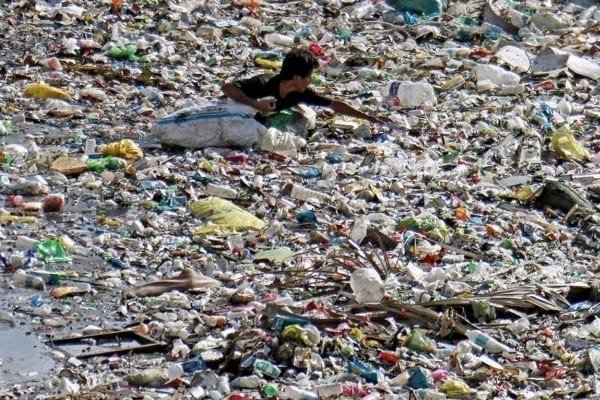Protecting the environment
Stuart, a qualified Mountain Leader and Yachtmaster, has always had a keen interest in the natural world.
’In my lifetime I have seen the damage we are doing to the environment’, he says. ‘As an engineer I feel I have a duty and a responsibility to do all that I can to improve the situation, and as an individual I believe every one of us can make a small change to help improve the environment. This is the only way we can preserve a healthy, habitable planet.’
Stuart started to manufacture Coldstream Filters in 2015, to give people an opportunity to buy effective undercounter or countertop water filters that have a lighter environmental impact.
‘We are trying to permanently remove contaminants from the environment’, Stuart explains. ‘Ou filters are manufactured using power from on-site renewables, and we use natural materials for our filters. We have committed to removing the small amount of plastic we do use by 2025.’
The ceramic filters are made from naturally occurring diatomaceous earth, which removes micro organisms such as bacteria and viruses. High-quality carbons, derived from coconut, are used to remove chemicals and heavy metals.
‘The filters are engineered to remove materials ‘dissolved’ in the water’, Stuart explains, ‘while the ceramic filters, which can be cleaned and reused, remove the sediment that can quickly block filters before they have reached their maximum filtration capacity.’
All Coldstream Filters are tested to the end of their life by independent labs, to ensure they filter the last litre as effectively as the first.
While helping to reduce the waste associated with mainstream water filters, Coldstream Filters can also help you to save money.
‘Our filters are rated at up to a 10,000l life and typically cost up to £35’, Stuart reveals, ‘so clean water costs less than 0.5p per litre, compared with the typical 35-40p per litre for bottled water. A family of four drinking the government-recommended two litres of water each per day will consume at least 2,920l of water per year. That would cost £1,022 if sourced from bottled water, but £10.22 if using one of our filters.’
It has never made more sense to ditch bottled water and filter what’s coming through your tap.
 Play Video about This Rock Might Just Save The World
Play Video about This Rock Might Just Save The World Play Video about Play 2 hours of rock
Play Video about Play 2 hours of rock Play Video about Play 2 hours of brook
Play Video about Play 2 hours of brook Play Video about Play 2 hours of sheep
Play Video about Play 2 hours of sheep













































